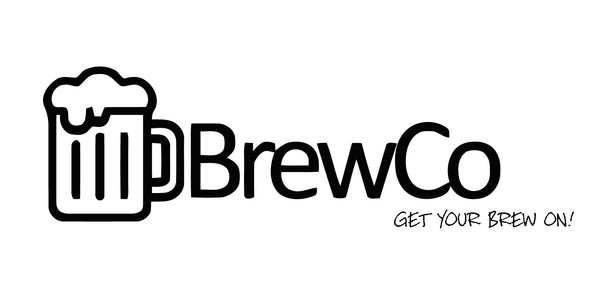Recipe to Reality: How to Scale Your Favorite Homebrew Recipe
Share
Scaling a recipe from one batch size to another is a common need as you gain confidence. This guide breaks down the math and the practical tweaks so your beer stays balanced at any size.
Why scale recipes?
- Consistency: Maintain original aroma, flavor, and mouthfeel.
- Efficiency: Match equipment and timelines to your batch size.
- Waste reduction: Avoid miscalculations that waste ingredients.
Basic scaling rules
- Batch size multiplier: Multiply all ingredients by the ratio of new batch size to old batch size (e.g., 5x for 1 gallon to 5 gallons).
- Malt and water: Scale malt or extract by the same ratio; adjust water volume accordingly to reach target OG/target volume.
- Hops: Scale by weight, but consider utilization differences at different boil sizes. Use a hop utilization guide or software when possible.
- Yeast: Scale yeast up proportionally, and consider a larger starter for higher gravity batches.
- Boil time and procedures: May need to adjust boil times to maintain flavor and concentration balance.
A practical example: 1 gal to 5 gal
- Multiply malt extract by 5 (e.g., 1 lb becomes 5 lb).
- Scale hops carefully: 10 g at 60 minutes becomes ~50 g, but test for bitterness balance and utilization in your system.
- Scale yeast: If OG remains similar, multiply yeast by 5 and consider a larger starter to ensure proper attenuation.
- Adjust water content: Increase water to achieve the final volume and target OG.
Tips for accurate scaling
- Use a calculator or brewing software to manage gravity and hop utilization.
- Record the adjustments you make for future reference.
- Test in small steps if you’re unsure—scale in increments rather than jumping to large sizes.
In the store
- Starter Kits and ingredients: https://brewco.uk/collections/ingredients
- Equipment for larger batches: https://brewco.uk/collections/equipment
- Fermentation gear: https://brewco.uk/collections/fermentation
Final thoughts
- Scaling is a practical skill that rewards careful math and recording. With the right gear, you can grow from 1 gallon to 5 gallons or more while keeping your beer’s character intact.
